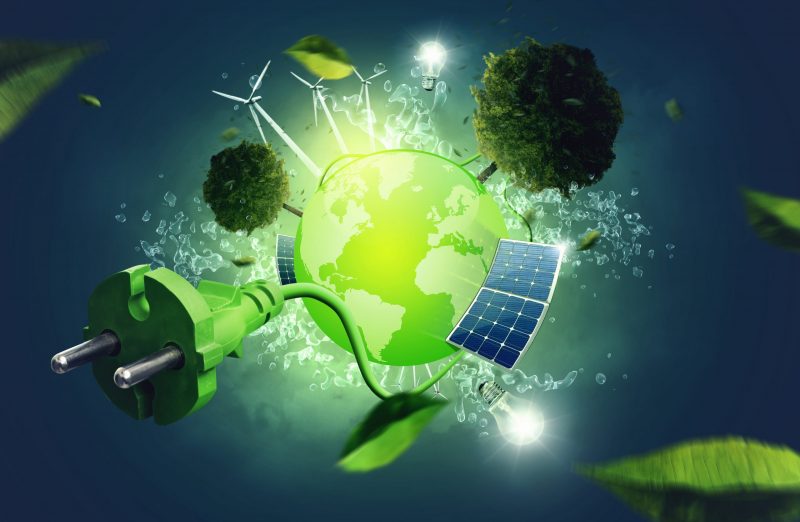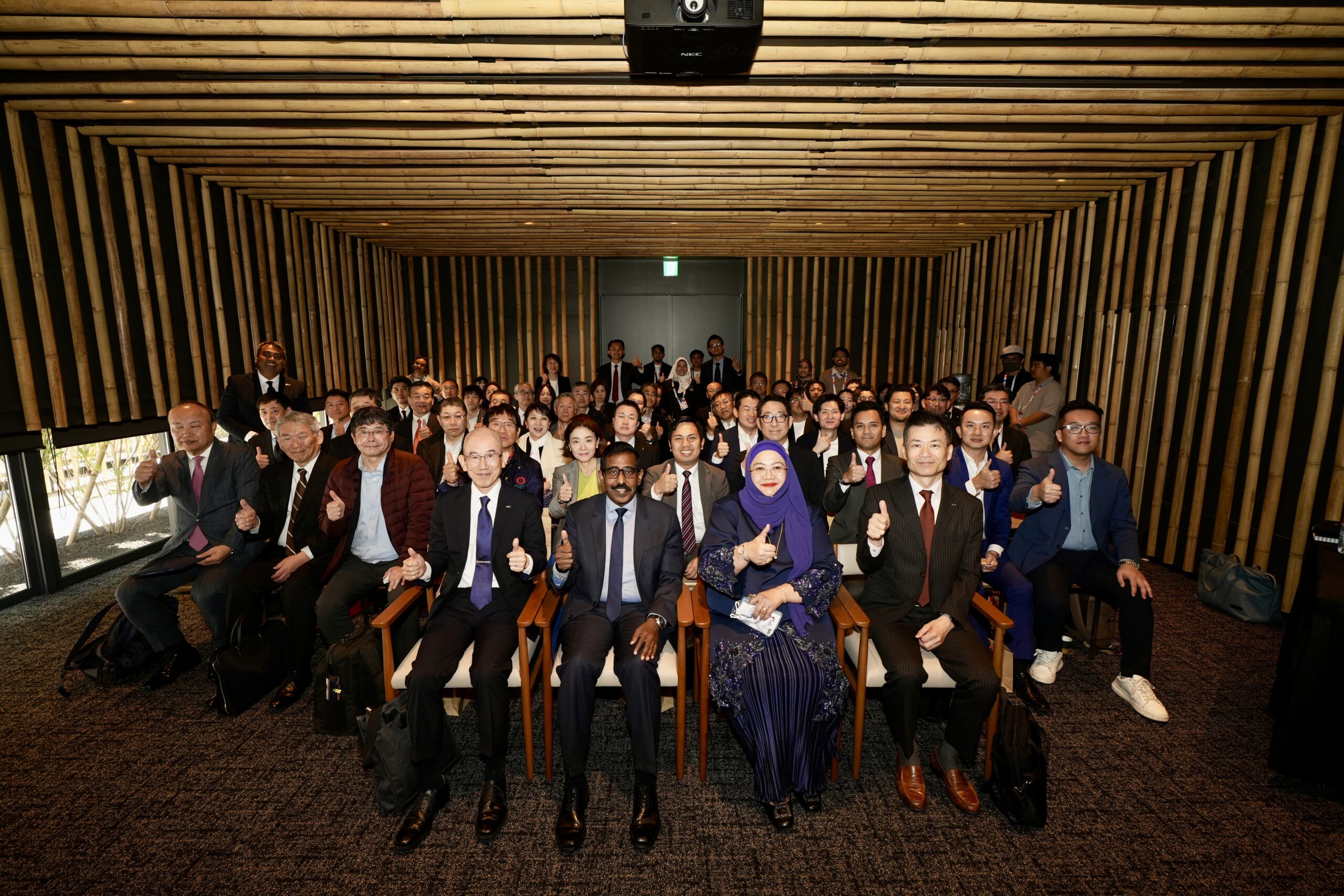
This site
is mobile
responsive
The pandemic has posed an unprecedented challenge and compelled economies to reevaluate how products and services are manufactured and consumed. It is inevitable for individuals and businesses to adapt to a new norm; in this norm where there is an urgent need to thoughtfully and carefully consider the implications of actions on public health, livelihoods and the economy.

According to the United Nations Framework Convention on Climate Change (UNFCCC) Annual Report 2020, despite the pandemic lockdowns, greenhouse gas concentrations in the atmosphere continued to rise in 2020, where it was tied with 2016 as the warmest year on record and concluded the hottest decade ever recorded. This has caused the rising sea levels to increase weather extremes, with heatwaves, wildfires, storms and floods leaving a trail of devastation and threatening lives and livelihoods worldwide.
In achieving the long-term goal of the Paris Agreement to limit global temperature rise to 1.5°C, the world must cut global emissions by 45% from 2010 levels by 2030. Malaysia, as a signatory nation to the UNFCCC, as pledged a voluntary commitment for the country to reduce up to 40% of greenhouse gases (GHGs) emission intensity of Gross Domestic Product (GDP) by the year 2020 (against 2005 GDP) during the 15th session of Conference of Parties (COP15) in Copenhagen, Denmark. Furthermore, during the COP21 Paris in 2015, Malaysia has submitted an additional pledge to reduce its GHGs emission intensity of GDP by up to 45% by 2030. Malaysia’s GHG emissions target was set with 35% on an unconditional basis and 10% on a conditional basis upon receipt of the climate finance funding, technology transfer, and capacity building from developed countries.
Staying true to this commitment for a more sustainable future, Malaysia has strategically formulated policies and initiatives to spur the growth of the green technology sector in the country as a driver to promote sustainable development and accelerate Malaysia’s green economy. Our National Green Technology Policy (NGTP), unveiled in 2009, outlined an extensive step to embrace green initiatives, emphasising four main pillars i.e. energy, environment, economy and social.
As the Government’s principal investment promotion and development agency, MIDA assumes a unique role in promoting the green technology industry. Amid the ongoing pandemic, MIDA continues to intensify its efforts to assist both local and foreign investors by formulating policies as well as providing incentives, facilities and support services to encourage more investment into the green technology industry.
The Green Technology incentive has been introduced to industrial and commercial entities to accelerate the adoption and establishment of green technology in line with the nation’s green agenda. The policy advocacy efforts by the Government for the green technology industry has attracted green investment amounting to RM18.73 billion and RM323.62 million (as of December 2020) for the Green Investment Tax Allowance (GITA) and Green Income Tax Exemption (GITE) respectively, since its announcement in the Budget 2014.
This encouraging achievement has convinced the Government to extend the incentives until 2023, as announced during Budget 2020. The Government expects the upward trend for the recorded investment flow to continue and achieve its set target in the coming years, despite the pandemic.
The three-pronged objectives of the incentives created are:
Briefly, GITA is an allowance of 100% of the qualifying capital expenditure incurred on a green technology project for three (3) years from the date of its first qualifying capital expenditure (CAPEX) incurred. The date of the first qualifying CAPEX shall not be earlier than the date of application received by MIDA. The allowance can be offset against 70% of statutory income in the year of assessment and unutilised allowances can be carried forward until they are fully absorbed.
On the other hand, GITE is a tax exemption of 70% for green services providers on their statutory income for qualifying green services. The incentive period is for three (3) years starting from the assessment year of the first issued invoice related to green technology services. The date of the first invoice must not be earlier than the date of application received by MIDA.
In addition to the existing incentives, the solar leasing incentive introduced in Budget 2020 offers a tax exemption of 70% on statutory income for a period of up to ten (10) years of assessment. The incentive period will be considered based on the committed installed capacity of megawatt (MW) undertaken by the solar leasing company and shall commence from the date of the first invoice issued, whereby the date shall not be earlier than the date of application received by MIDA.
With solid support from the Government, high technology advancements, social awareness and commitments underpinned by the robust development strategies in green technology, Malaysia is definitely on track to achieve the nation’s green agenda goals. The notion is true with our greenhouse gas emissions intensity per unit GDP improved by 33% in 2019 compared to the 2005 levels.
Moving forward, MIDA welcomes strategic investments and coalitions in the green technology industry to further boost Malaysia’s green ecosystem and concurrently build climate resilience, reducing global emissions by 45% by 2030 and achieving net-zero emissions by 2050. Despite grappling with the pandemic’s more immediate threats, climate change mitigation should not be ignored but instead intensified.
The COVID-19 pandemic has revealed the inter-relationships between the environment and our livelihoods. Climate action is vital in future COVID-19 recovery plans; thus, relevant parties and stakeholders should seize this pivotal opportunity to be the catalyst for green recovery and ensure a sustainable future for all.
Source: MIDA e-Newsletter June 2021
Explore other related content to further
explore MIDA’s insights.

